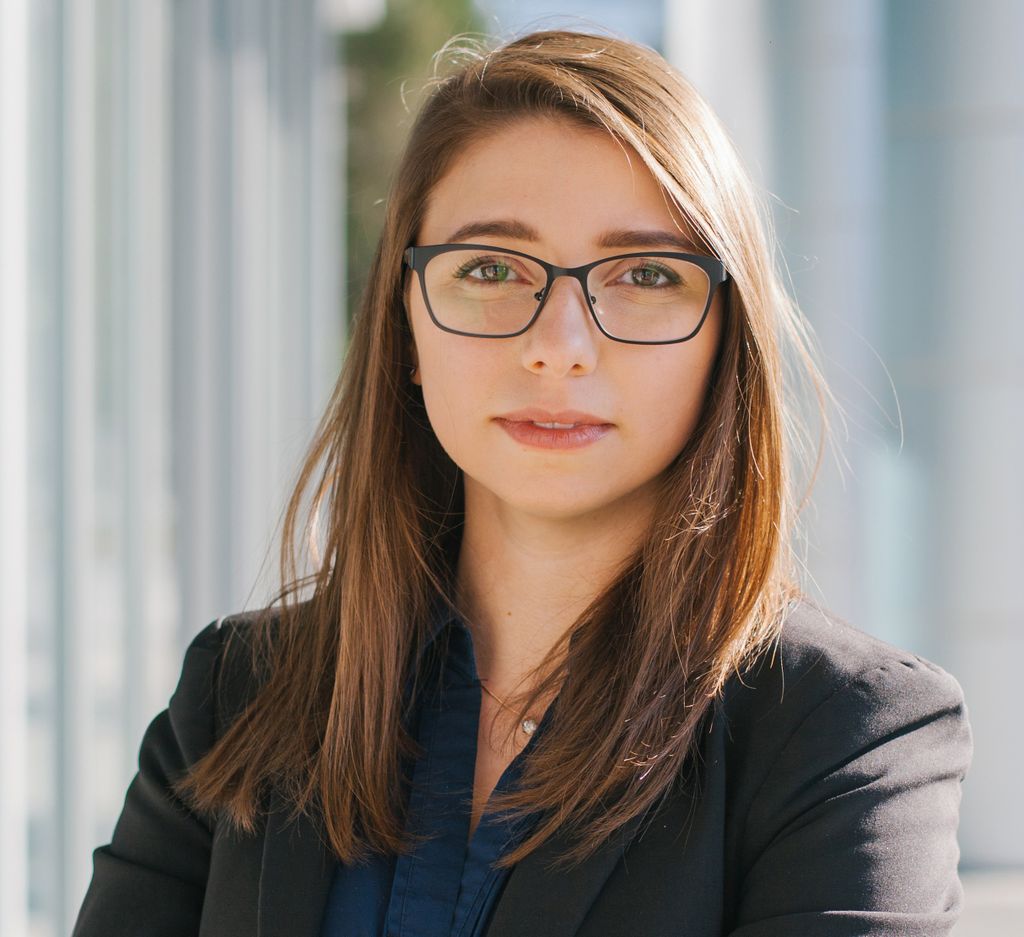In these challenging times, let’s not forget the most vulnerable communities
#CriticalThinking
Programme Development Officer at SB Overseas
The COVID-19 pandemic has spared no community. Everyone has been impacted, whether it be through strict quarantine measures – as seen in Italy or in Spain – or through social distancing and self-quarantine, as used in other parts of Europe and the world. However, it is in these trying times that the true face of humanity is revealed.
What coronavirus has brought to light is that our wellbeing is dependent on the wellbeing of others – for our loved ones to stay safe, the entire community must take precautions. Measures like staying at home, social distancing, self-isolation and taking an abundance of caution when going outside only work when we do it together.
During such times, it is also crucial to remember the communities most at risk – those without a home, without safety and without the means to protect themselves.
This is the case for displaced communities all over the world.
Life’s daily routines continue in Shatila, though shadowed with ambiguous fear
International humanitarian bodies are calling for emergency funds to support the most vulnerable communities in the world. Research has shown that if we neglect these groups, the consequences will be dire.
Families who have sought refuge in camps, shelters, squats, tents—densely populated spaces—or on the streets are the most high-risk groups when it comes to contracting and spreading a highly contagious virus like COVID-19. While public measures of protection also apply to these communities, they continue to need extra support. These communities often rely on humanitarian organisations for basic needs such as food, water, education and mental health support. Due to this health crisis, however, most of these services have been halted, leaving many forgotten and unprotected.
One of these communities is that of the students of SB OverSeas’ Bukra Ahla centre, which includes hundreds of children, youth and adults living in the Shatila camp in Beirut. These people have little awareness on precautions necessary to combat the spread of COVID-19, heightening their personal risk of contracting the virus. Due to this lack of awareness, they have not yet been able to take this issue as seriously as they should. People still live their lives normally and are not cognisant of the necessary measures of quarantining and social distancing – life’s daily routines continue in Shatila, though shadowed with ambiguous fear.
It is not possible to control an outbreak in the already dire conditions on the Moria hotspot in Lesvos
The refugee families in Shatila suffer from a lack of medical and preventive supplies in addition to a lack of experience in dealing with viruses. For example, families do not have access to hand sanitisers or cleaning and antiseptic materials against viruses, which makes sterilisation as a virus-fighting measure ineffective. Shatila is a camp that houses well over 10,000 people, in conditions which make it difficult to isolate, meaning that an outbreak of this virus could lead to an uncontrollable spread. This could impact not only the lives of those living in the camp, but the country as a whole.
In this situation, there is a right way and there is a wrong way to react. Unfortunately, we have already seen the latter in action – the Belgian and Dutch governments have closed their doors to asylum seekers, a move condemned by human rights advocates.
Yet it is not possible to control an outbreak in the already dire conditions on the Moria hotspot in Lesvos – an MSF doctor on Lesvos stated that “in some parts of the Moria camp there is just one water tap for every 1,300 people and no soap available. Families of five or six have to sleep in spaces of no more than 3m2.”
Coming to the assistance of vulnerable populations in this health crisis not only protects the wellbeing and safety of these people, it also helps flatten the curve
What the European and international community should do is to provide support – whether on the European territory, by providing basic services and respecting human rights for all, or by supporting the protection of vulnerable displaced communities in hotspots like Lebanon and other places around the world.
What these communities need is simple—it’s the same three things we all need to protect ourselves: hygiene materials in order to sanitise their place of stay and ensure they are safe from contracting the virus; accurate information on the coronavirus and the use of sanitation materials for prevention; and access to screening and immediate medical services.
Coming to the assistance of vulnerable populations in this health crisis not only protects the wellbeing and safety of these people, it also helps flatten the curve – on a global scale. It is critical the EU institutions not turn their backs on these communities. If we do not act, and the virus is able to spread throughout these communities, many more lives will be lost and it will be months before we are able to contain this virus on a global level.
Stay informed
